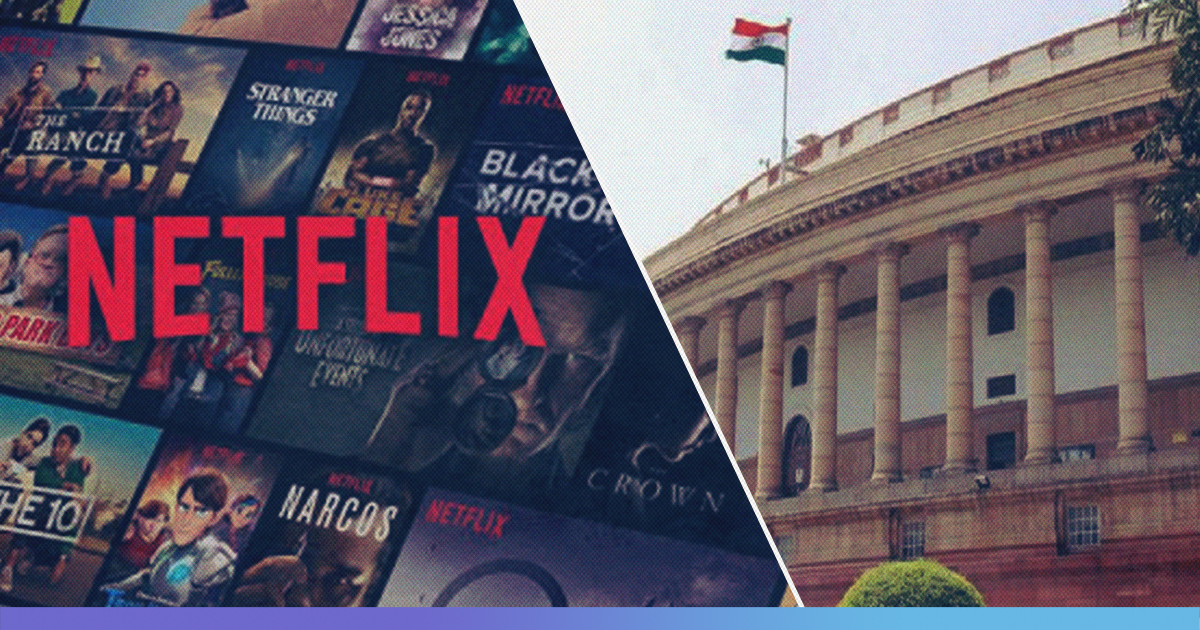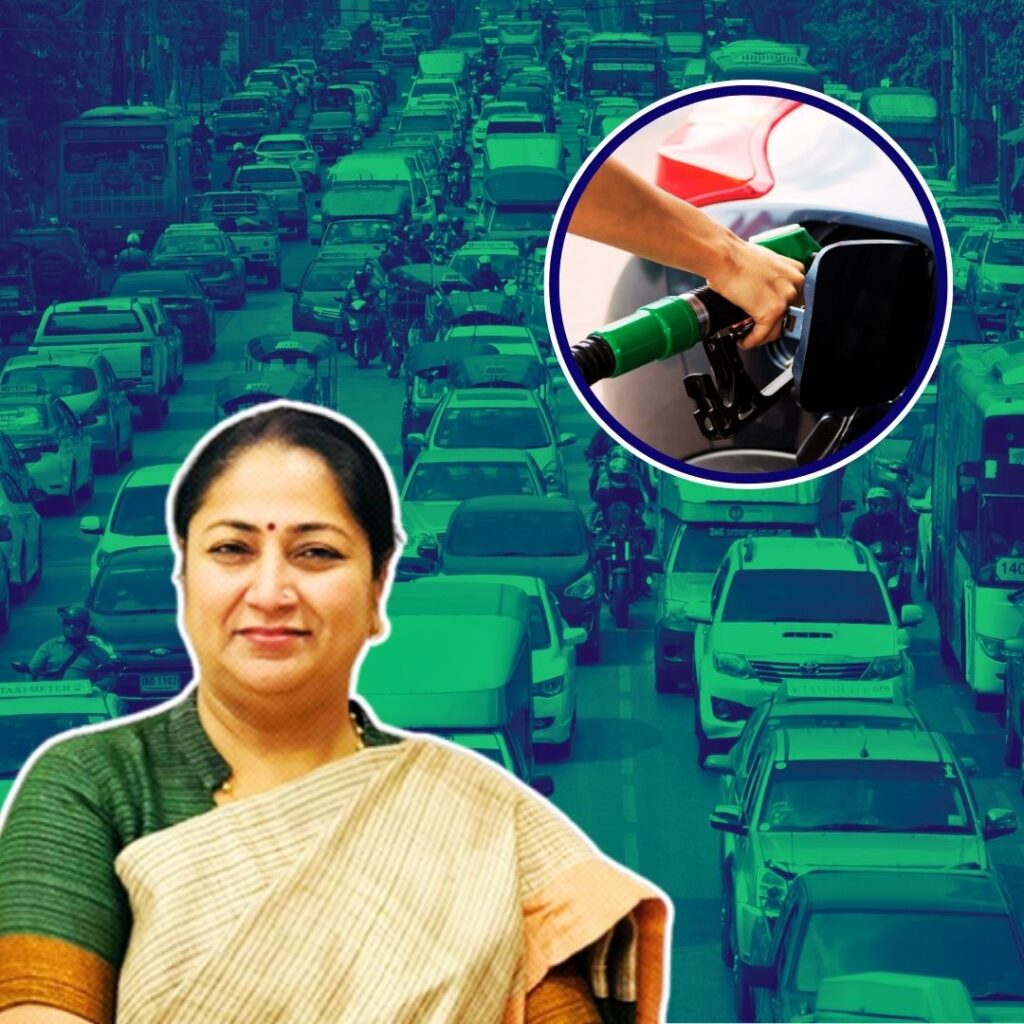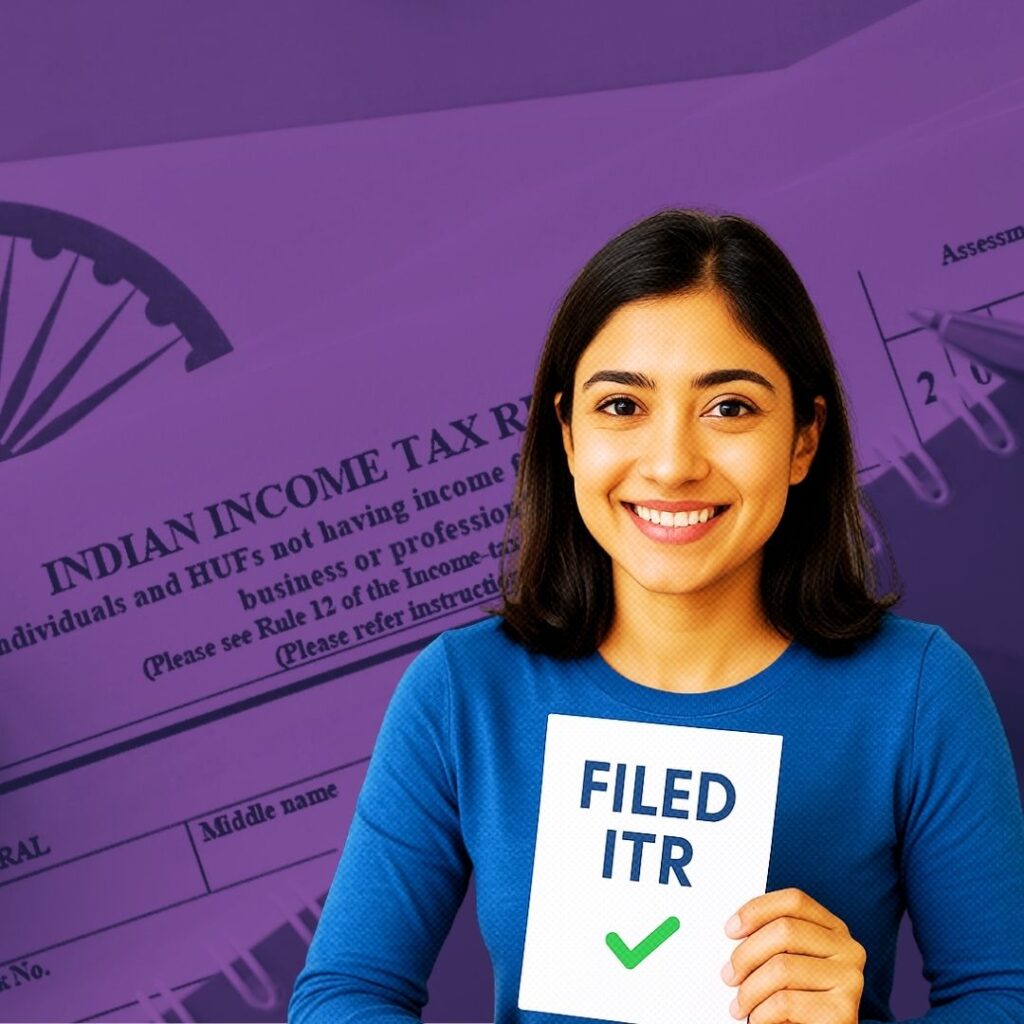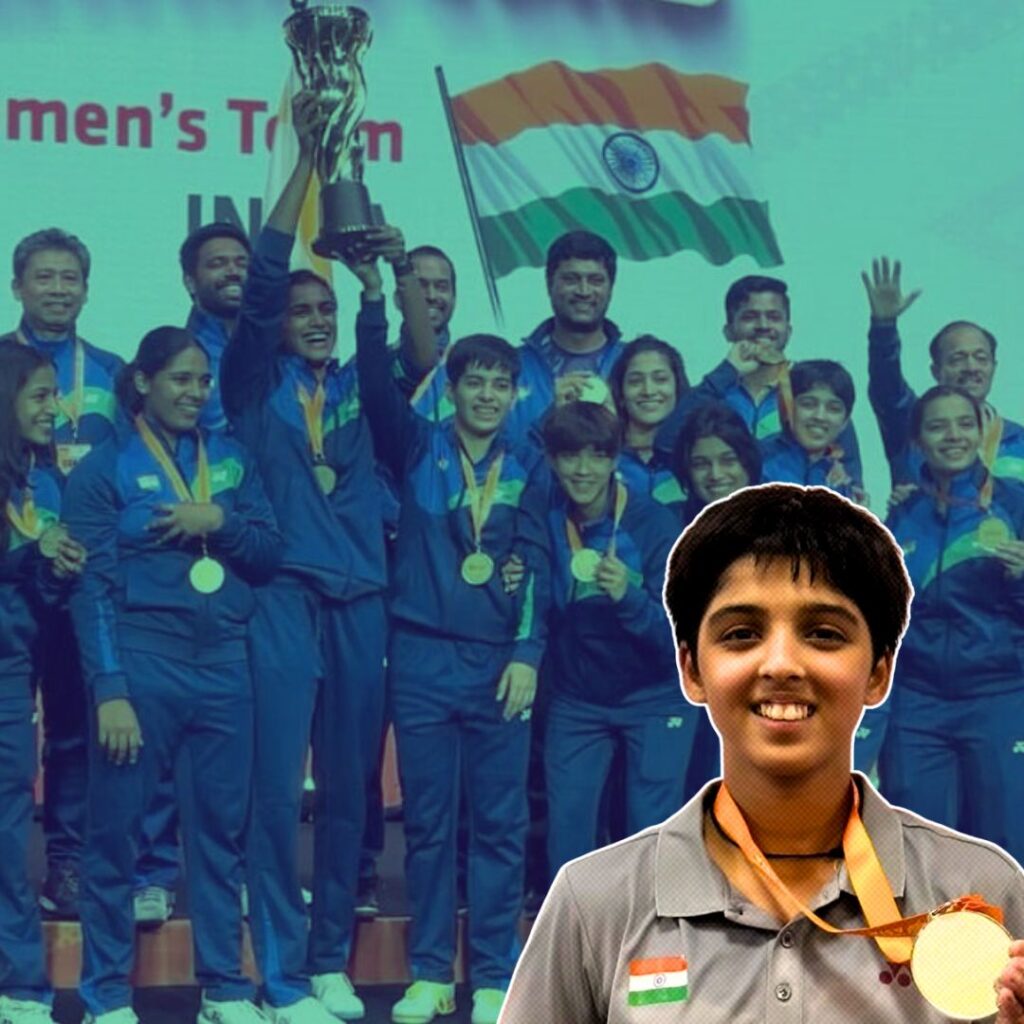India is deliberating potential censorship on streaming platforms such as Netflix and Amazon Prime Video.
While the film and TV certification bodies moderate public content in India, the country’s laws do not allow censoring content on the online streaming platforms. The government’s concern has been triggered by several court cases and complaints filed in recent months, alleging that some content on the platforms are obscene or insult religious sentiments.
Earlier, these concerns prompted Netflix and Hotstar to sign a self-regulation code in January, however, Amazon did not sign up and claimed: “the current laws are adequate”.
“The self-regulation isn’t the same for all, which is raising a concern … the directions are clear, we have to see how to address the problems,” a government official was quoted by the Reuters.
Netflix’s first Indian original series, Sacred Games, faced a court challenge last year over “offensive scenes” and derogatory remarks about former Indian prime minister, but the case was later dismissed. There was also a police complaint filed last month by a politician who accused Netflix of “defaming Hindus”.
All of such concerns have prompted talks between India’s Information & Broadcasting and IT ministries to take possible steps and come up with an acceptable regulatory framework for the content providers.
There is a possibility that the government might decide against any regulation, several other options are also being explored, the official said. “These include a self-regulation code without government interference, a government-monitored code or measures requiring platforms to obtain content approval in advance,” he added.
There have been concerns about the disparity in how some content appeared on different mediums as well. For instance, smoking scenes in several Bollywood movies on Amazon and Netflix in India do not carry the mandatory anti-tobacco textual warnings.
“With regulation, all of the (global) content will need to be sanitised for India – a huge, expensive and time-consuming exercise,” said Prasanto Roy, a New Delhi technology policy analyst.
As Netflix and Amazon are producing more original local content to attract viewers in India, there has been an increase in the use of mobile data and smartphones for their services.
Netflix, which last year said India could deliver its next 100 million subscribers, recently started out with a monthly mobile-only plan in India. The company said on Thursday that it was “very happy” with the way its mobile plan was performing in India and it may expand it into other markets.
Also Read: Data Localisation Spelled Out Of E-Commerce Policy, Commerce Minister Piyush Goyal Clarifies











